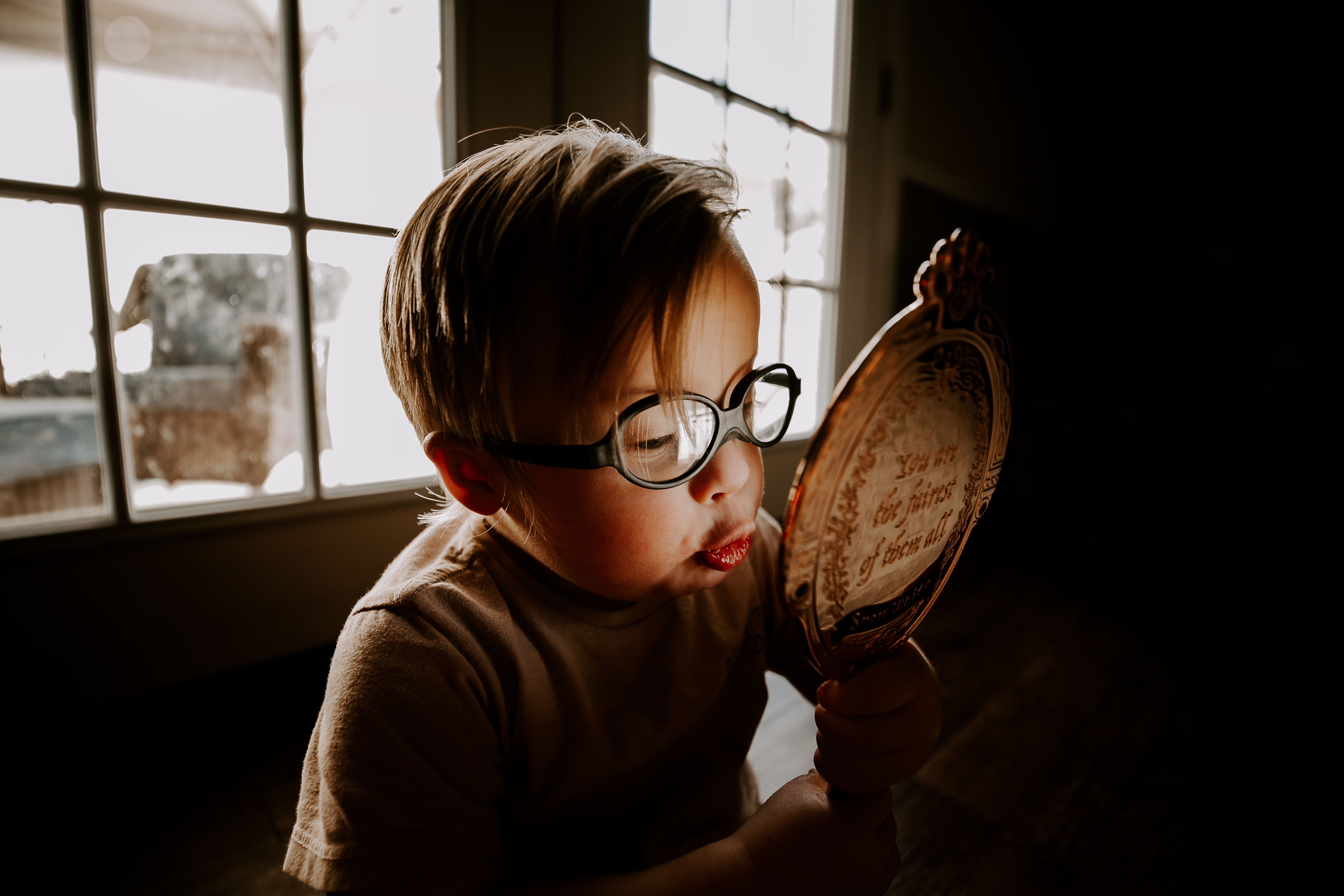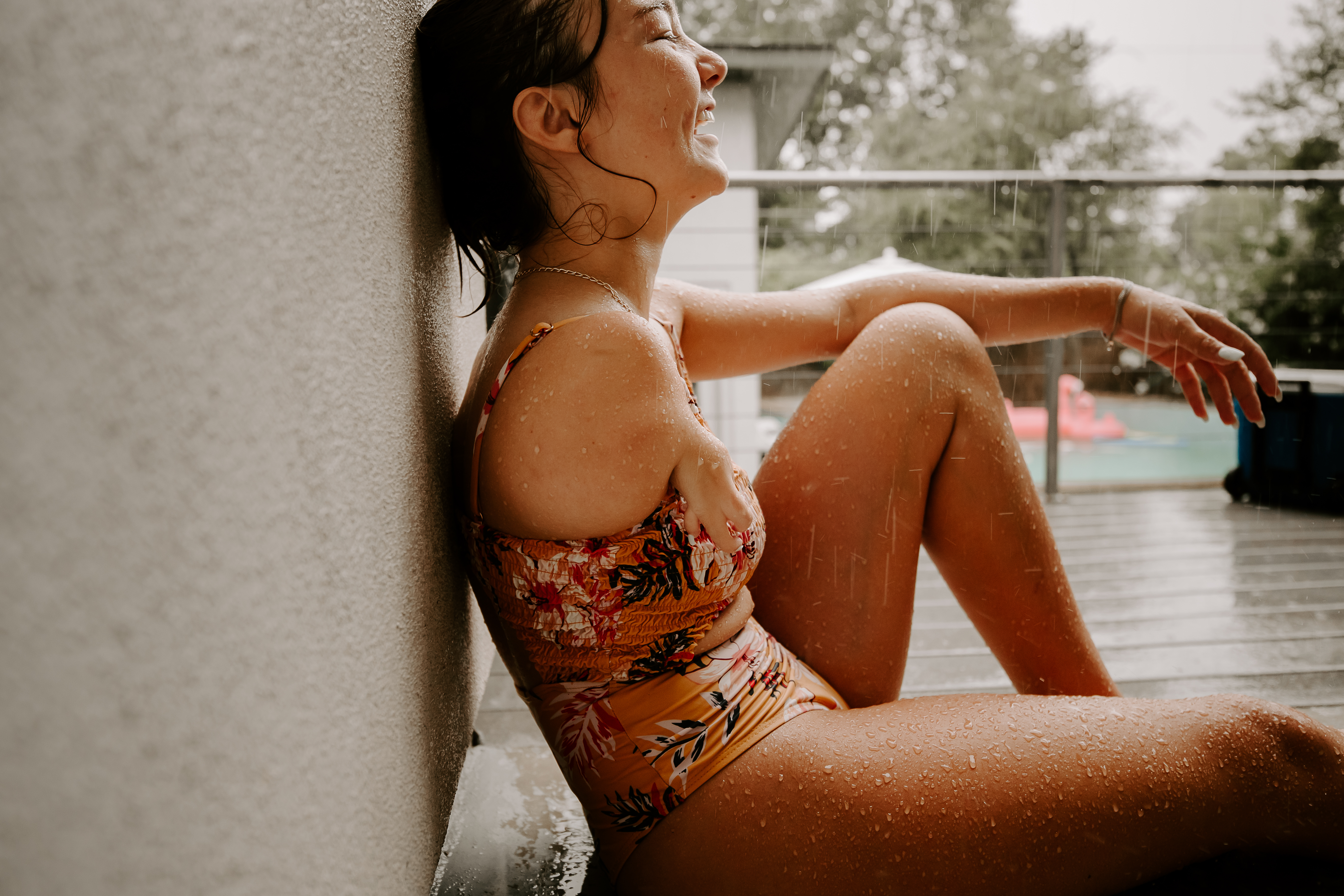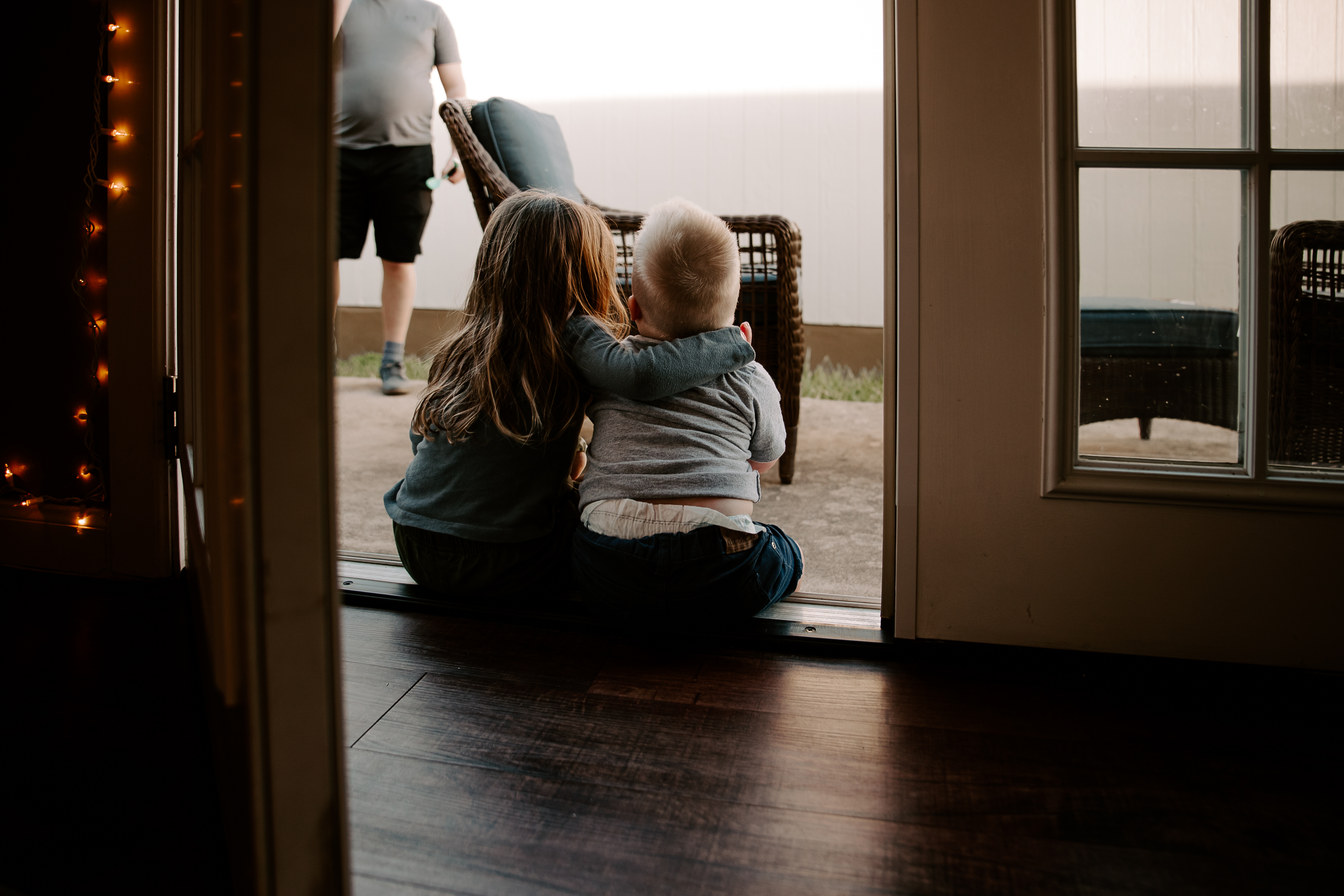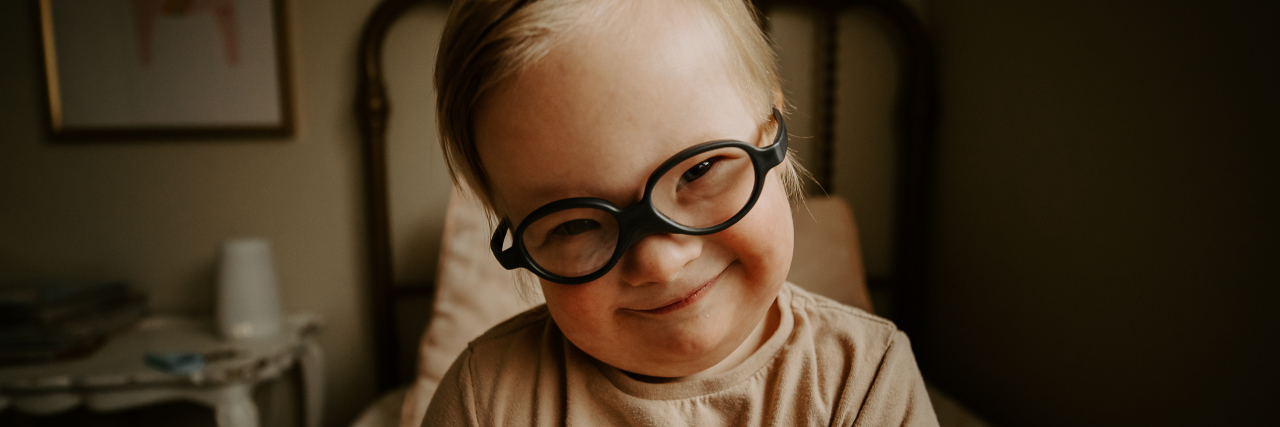It's OK to Acknowledge Differences When We Talk About Disability
In the disability community, the tag line “more alike than different” is often advocated by loving parents seeking acceptance for their children. After my three-year membership in this wonderful club, I’ve decided not to use this phrase when advocating for my son, Leo, who was born with Down syndrome.
The extra chromosome that comes with Down syndrome makes my son different. Yes, he is still a 3-year-old boy who loves to growl like a dinosaur and laughs when anyone burps. But for every “likeness” he shares with typical kids, there is a difference that sets him apart. He learns differently. He communicates differently. He gets sick differently. He expresses himself differently. You can see he is different by his looks alone.
As a loving mom, I understand the “more alike than different” mantra. And while the goal of acceptance is a worthy one, I think we as parents, peers and human beings can approve upon that acceptance. Rather than accepting Leo for being “more alike,” why can’t we accept him for being different?

My sister was born with a limb difference. On a family trip to Disney World, we were eating lunch and a young boy saw her and began to stare. The parents proceeded to, not so subtly, scold the boy. This process repeated itself, within my sister’s earshot, for about 10 minutes. I was filled with emotions and I watched my little sister turn red and well up with tears.
I have played that moment back thousands of times. Should I have said something? Should my parents have stepped in? What could have been done to avoid the pain she felt? I feel the solution to this begins in the way we explain disabilities and differences to ourselves, and more importantly, our children. We put this topic in a dark corner of the room so we don’t have to see it. We pretend we are doing this for the people who have differences and disabilities. In reality, we do this so we can avoid feeling awkward and uncomfortable.
If you ask my sister how she wants to be treated, she will tell you she wants people to ask about her arm instead of unsuccessfully pretending not to notice. I would rather those kids on the playground ask why my son uses a walker, or why he has braces on his feet instead of whispering to each other and running away. We need to shine a light in that dark corner. Instead of teaching our kids not to stare, let’s teach them to look and see the difference. Instead of teaching our kids not to ask, we should teach them to ask and then learn about disability. What if rather than being embarrassed by your child staring and asking why my son and sister look different, you instead acknowledge that they are different and that is a great thing to be!

Change happens when we grapple with discomfort — when we leave our comfort zone and become comfortable with being uncomfortable. Accepting people with disabilities isn’t going to happen until we talk about it. It won’t happen until we shine a light into that dark corner of the room and see that different isn’t wrong or shameful. Different needs no explanation.
My sister with a limb difference is not the same as your sister.
My son with Down syndrome is not the same as your son.
Isn’t that wonderful?


